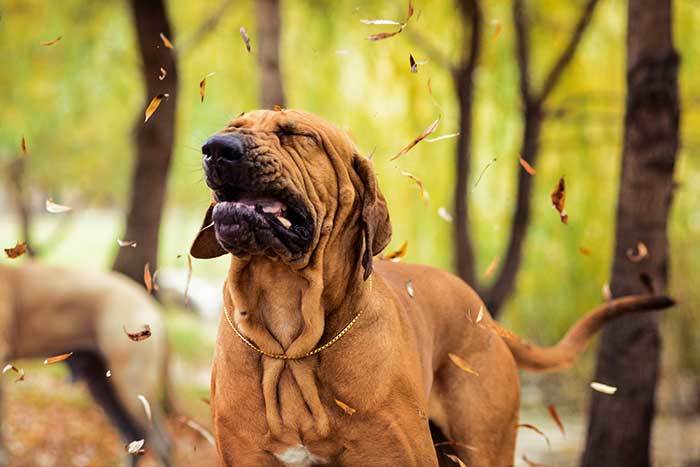Sneezing is a behavior that’s nearly as common in dogs as it is in humans.
Once in a while, you must have watched your dog sneeze while it plays. And as a responsible pet owner, that might have got you wondering whether your pooch is okay or not. So, why do dogs sneeze when they play?
A sneeze during playtime is your dog’s unique way of telling you that it enjoys the show.
Well, that’s quite surprising, considering that humans associate sneezing almost exclusively with an allergy or infection. Still, it doesn’t imply that all dog sneezes mean the canine is happy. It might as well be a symptom of a medical condition.
As the dog owner, the onus is on you to observe the pattern that the sneezing follows. That way, you’ll be able to establish if there’s an underlying medical condition, and take the much-needed trip to the vet or not.
So, Why Do Dogs Sneeze When They Are Playing?
As we’ve already pointed out, dogs sneeze when they’re playing to signal that they enjoy the show. This kind of behavior is known as play sneezing and is mostly associated with happiness in dogs.
Play sneezing is quite unique from other forms of sneezing. Usually, these sneezes are quick, subtle, and aren’t marked by any aggressive behavior. Also, the sneezing may be more intense just as the playtime begins. The dog is often urging you to play on and keep things going.
A play sneeze is more of a communication tool than it is a response to an irritant in the dog’s nose. Experts believe that dogs use more than 30 signals when communicating, and sneezing is one of them.
What makes a play sneeze quick and soft is the fact that it doesn’t result from the forceful expulsion of air from the lungs, as is otherwise the case with a respiratory irritation. Instead, the play sneeze is just but a quick exhale.
No substantial research study has pinpointed the exact cause of the play sneeze, other than associate it with happiness on the part of the dog. However, various theories have been put forward to try and explain the reasons behind play sneezing.
First, it’s believed that when dogs play, their noses tend to wrinkle. The wrinkling results from the consistent curling up of their muzzles, and is what contributes to the sneezing.
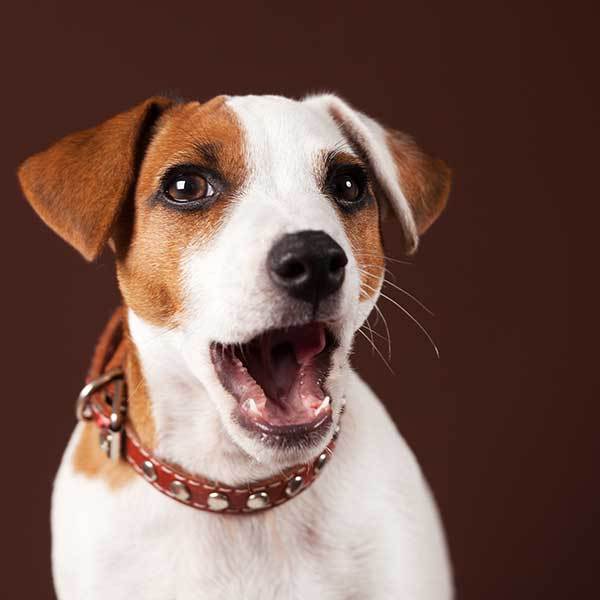
Other dogs are naturally predisposed to sneezing. And as you may already know, the qualities that we’re predisposed to tend to manifest when we’re most excited.
The same applies to dogs. Playtime brings out the best in the canine, making it display its innate qualities, one of which is sneezing.
Another theory suggests that sneezing is a calming signal. Maybe the game is taking a dangerous twist, and the dog wants to calm down the situation. It’s the canine’s way of saying, “I’m having the time of my life here but I’m not happy with how things are turning out”. It’s more like calling everyone to order.
Dogs have also been shown to sneeze to say they want to play. This kind of sneeze is a little less intense than the one they give during playtime. The dog will often sneak up on you and try to draw your attention using its other characteristic behaviors, such as pawing in the air. As soon as it has your attention, the dog will give a soft sneeze to remind you that it’s playtime.
In summary, you should remember that sneezing during playtime is a dog’s ideal way of saying that it likes whatever is happening. That explains why these sneezes are usually spontaneous and involuntary, as the dog has no time to stop and bow down.
Smaller dogs tend to sneeze during playtime more readily than their adult counterparts. And it’s even more common when you’re playing with the puppy. So, have you always been wondering “why do dogs sneeze when we play with them”? Well, it’s a harmless behavior that suggests your pooch is elated.
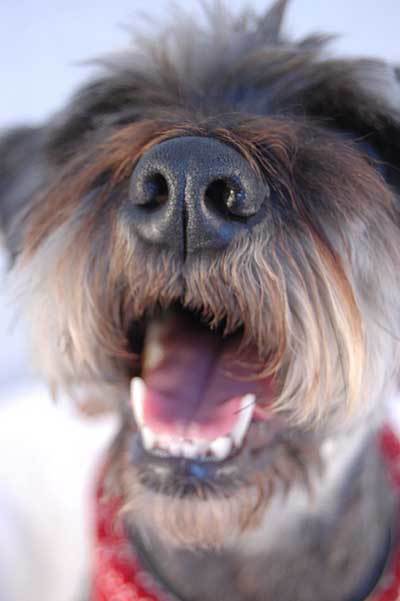
In rare occasions, a dog may sneeze during playtime to send completely different signals. For instance, a dog might be enjoying all the action but all of a sudden, it notices another rival dog approaching.
In such cases, the sneezing may be a defensive tactic the dog employs to distract the interloper and gain the upper hand. Still, it could be a warning shot to the intruder that “you either stay away or join us but play by the books”.
It’s also worth noting that as dogs play, they continuously rub their noses against the grass. Therefore, the sneezing might be a way to relieve the itchiness in their noses. Coupled with their happiness, you might find that these play sneezings are a little more profound.
Other Possible Causes of Sneezing
So, we’ve attempted to answer the question, “why do dogs sneeze when playing with humans”? However, it could happen that your dog sneezes for reasons other than happiness. And you may find it all too confusing, considering sneezing tends to escalate during periods of intense activity.

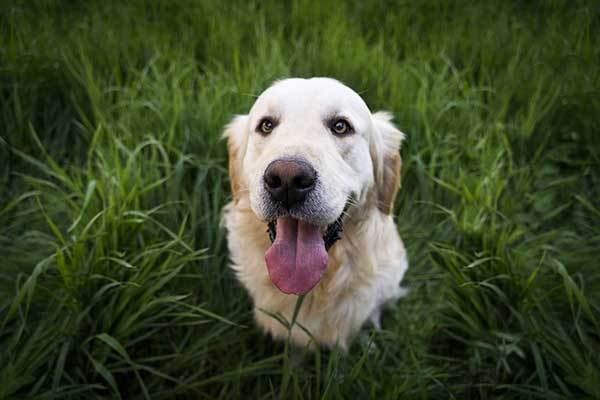
Like humans, dogs also contract nasal infections. And the condition is often symptomized by a sneeze. However, infections that affect a dog’s upper respiratory tract generally manifest in coughs as opposed to sneezes.
The most common cause of nasal irritation in dogs is the Aspergillus fungus. Dogs usually inhale this fungus from hay, dust, or bits of grass.
Besides sneezing, other symptoms of Aspergillus fungus include pain in the nose, nasal inflammations, nasal discharge, and nosebleeds. Depending on the dog’s sensitivity to the Aspergillus fungus, it may also have an ear discharge.
- 10 Benefits in 1 Daily Treat – PetHonesty’s 10-For-1 Multivitamin chews combine a well-rounded blend of the most essential vitamins and supplements…
- Joint Health with Glucosamine – These natural supplement soft chews have high amounts of glucosamine and other joint support ingredients that reduce…
- Improve Digestion with 1 Billion CFU Probiotics – These one a day dog vitamins contain probiotics and pumpkin, which help keep your dog’s digestive…
Last update on 2024-12-21 / Affiliate links / Images from Amazon Product Advertising API
But how do you distinguish between a play sneeze and a sneeze resulting from a nasal infection?
A play sneeze typically occurs alone, not accompanied by other symptoms. On the other hand, sneezes resulting from an infection usually occur along with other symptoms.
Also, play sneezes aren’t as intense as sneezes caused by a nasal irritant. However, there’s an exception to that rule. Playing increases the rate of your dog’s physiological functions, such as respiration, breathing, and heart rate. In turn, these actions escalate a nasal irritation, increasing the dog’s tendency to sneeze.
Besides the Aspergillus fungus, nasal mites can also irritate your dog’s nose and respiratory tract. Dogs pick mites and other bugs while digging in the dirt with their noses. Nasal mites are way more irritating than pollen, dust, or fungi.
In addition to sneezing, nasal mites also cause nosebleeds and nasal discharge. Whether your dog sneezes from fungi, pollen, bugs or other allergens, it’s always prudent to take it to the vet for further examination.
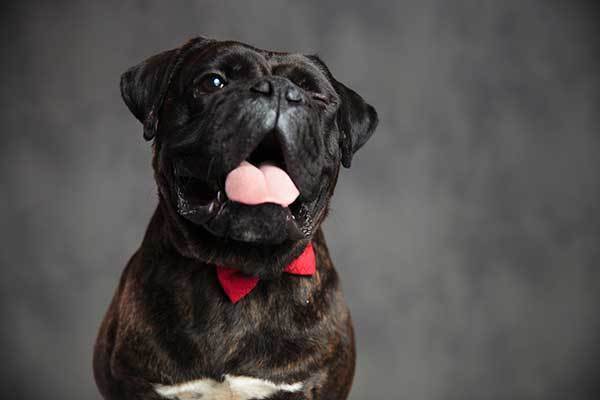
Though nasal irritations are the most common causes of infection-related sneezes in dogs, sometimes the problem may emanate elsewhere.
For instance, an infected tooth could cause your dog to sneeze. That’s because a dog’s third upper premolar contains roots that are located near the nasal passage. An infection on such a tooth consequently irritates the dog’s nasal passage, resulting in a sneeze.
Dogs might also sneeze as a result of tumors in their nasal passage. These tumors usually result from second-hand smoke. While most of the tumors tend to be benign, some could be highly malignant, and might escalate into a cancerous situation. That underscores the importance of taking your pooch for examination.
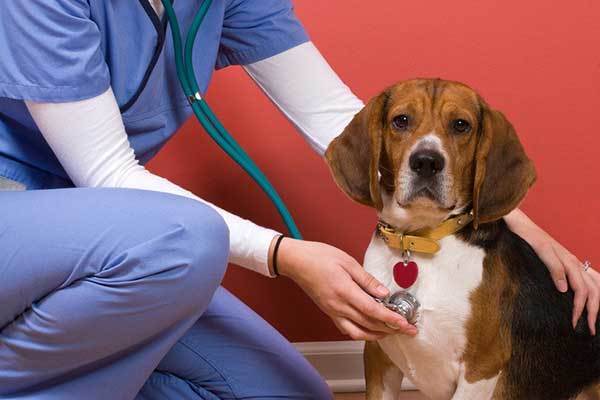
There’s also the possibility of sensitivity to certain smells. Remember that dogs have a sense of smell that’s between 10,000 and 100, 000 better than ours. Therefore, they’re more efficient at picking up the tiniest scents in their environments.
If the smell is unfamiliar to the dog, it may respond by sneezing. Examples of foreign scents include the smell of new fragrance, shampoo, or strong spicy foods.
Lastly, certain dog breeds are predisposed to sneezing. Examples include the Bulldog, Pug, or Boston terrier. These dogs fall within the brachycephalic breeds, and are characterized by compressed nasal passages.
Take Care Not To Confuse a Sneeze with Something Else
Much as it sounds like a cliché, sometimes what appears like a sneeze may be a completely different thing. For instance, the dog might as well be snorting.
Unlike a sneeze, a snort is almost always a sign of a blockage in the dog’s upper airway. Therefore, a snorting dog is reason enough to make that trip to the vet, even if the snort isn’t accompanied by any other symptoms.
Besides a blockage in the dog’s airway, snorting is also a common condition in overweight dogs. Obesity generally results in labored breathing, which often manifests as a snort. Other snorts may result from reverse sneezing.
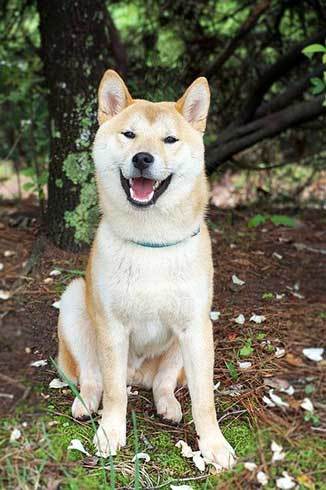
A reverse sneeze occurs when a dog inhales air quickly and loudly, thereby creating a honk-like noise. During a reverse sneeze, the dog would usually assume a position with their elbows apart, and heads pointed forwards or back.
The phenomenon is common among small and brachycephalic breeds. It often sounds as though the dog is laughing. Unlike other forms of sneezing, a reverse sneeze is quite natural and doesn’t require any medical attention.
Conclusions: So, why do dogs sneeze when they play with humans?
Play sneezing is quite common among dogs, and is associated with excitement. However, you should be able to know when the sneeze symptomizes a medical condition or an allergic reaction.
Usually, a sneeze caused by any other reasons other than excitement will often occur along with other symptoms of disease. When it happens, you know you have a date with your vet.
- ACTIONABLE HEALTH INSIGHTS: Test for over 270 genetic health conditions and get actionable insights to help you give your pup the best care possible….
- MOST ACCURATE BREED IDENTIFICATION: Test for over 350 dog breeds including dingoes, coyotes, wolves, and village dogs. Using a research-grade…
- TRAIT INSIGHTS THAT HELP YOU BE MORE PREPARED: Test for 55 physical traits. Size, coat, grooming needs — your dog’s traits don’t just make them…
Last update on 2025-01-13 / Affiliate links / Images from Amazon Product Advertising API
Checkout Our Favorite Dog Products
1. BEST PUPPY TOY
We Like: Snuggle Behavior Toy with Heart Beat & Heat Pack – Ideal toy for new puppies.
2. BEST DOG TRAINING PROGRAM
We Like: Doggy Dan The Online Dog Trainer – Stop any dog problem and raise the perfect puppy with The Online Dog Trainer.
3. BEST DOG PUZZLE TOY
We Like: Outward Hound Interactive Puzzle Toy – Every dog loves chasing squirrels at the park. The Outward Hound Hide-a-Squirrel Puzzle Toy gives your dog the same feeling as though he was outdoors chasing live squirrels.
4. Best Bone Broth for Dogs
We Like: (Solid Gold – Human Grade Bone Broth for Dogs) – Simmered Beef Bone Broth With Turmeric Provides A Nutrient-Dense And Flavorful Addition To Your Dog’s Meal + Rich In Natural Collagen From Beef Bones.

